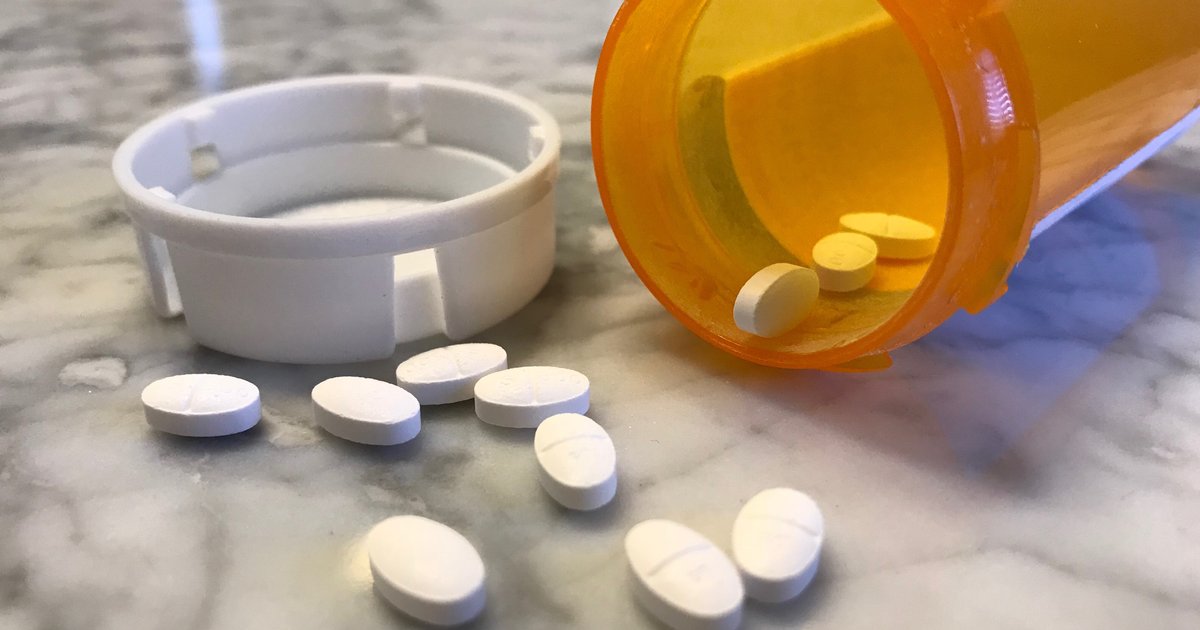Treating And Preventing Fascioliasis
Fascioliasis is a disease named for Fasciola hepatica, also known as the liver fluke. This parasite is found all over the world, especially in places where individuals live near sheep or cattle. It is called a liver fluke because once the larvae enter the body, they burrow through the walls of the intestine, enter the abdominal cavity, and then invade the liver. Finally, they find the bile ducts where they grow into adults and start to lay eggs. The disease has three phases: acute, latent, and chronic. During the acute phase of fascioliasis, the patient has a fever, pain in their abdomen, a tender liver, digestive problems, and hives. The latent phase happens when the larvae settle into the bile duct. During this phase, symptoms are silent. Symptoms return during fascioliasis’ chronic phase and include intolerance of fatty foods, nausea, itching, and abdominal tenderness and pain. Fortunately, fascioliasis is preventable and treatable. Get to know the best methods now.
Triclabendazole And Other Medication

Triclabendazole and other medications have been shown to be effective and safe when treating patients with fascioliasis. Triclabendazole can be taken orally, though some individuals do need to go to the hospital to be given the drug intravenously. One or two doses taken with meals is usually all that’s needed to destroy both the adult flukes and their larvae. Side effects are rare, but typically include headaches and stomach aches. Triclabendazole belongs to the family of drugs called anthelmintics, which are used to kill parasites in the body. Unfortunately, triclabendazole is not readily available in the United States but can be administered through the Centers For Disease Control And Prevention. Another medication, bithionol, was used in the past for liver flukes, but it had to be taken over five days.
Learn more about treating and preventing fascioliasis now.
Not Eating Watercress

Not eating watercress is another precaution against liver flukes. Individuals in places where liver flukes are found should avoid eating this salad green, which is semi-aquatic and can harbor the parasite. Watercress is grown in flowing streams, is usually very nutritious, and has a peppery taste. It’s used in salads, soups, sandwiches, stews, and can be made into pesto as well. However, contaminated watercress should not be eaten raw and needs to be washed thoroughly before eating. Though individuals can’t tell if the watercress they are eating is contaminated, they should assume it is if it is found near a cattle or sheep farm. Some individuals rinse their watercress, especially if it’s harvested in the wild, with a six percent vinegar and ninety-four percent water solution for five to ten minutes.
Keep reading for more information on treating and preventing fascioliasis.
